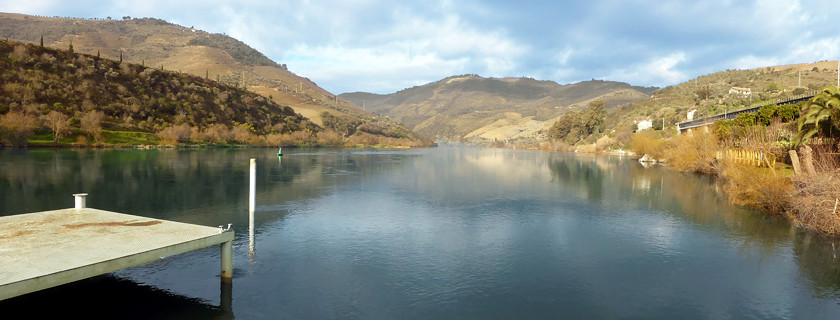Living well within the limits of the planet
The current use of natural resources in Europe has improved considerably in recent years but recent data shows that it is still far from achieving the goals of the 7th Environment Action Programme established by the European Environment Agency (EEA). The programme’s objective of ‘living well within the limits of the planet’ by 2050 can only be achieved through the necessary implementation of adequate policies which face the growing environmental challenges.
According to the five-yearly report published by the EEA, Europe is still a long way from achieving the necessary environmental goals. In order to address complex challenges such as biodiversity loss and climate change, the EEA highlights the need for new and more ambitious environmental policies and approaches aimed at creating the necessary changes to key systems, such as food, energy and transport.
The report also indicates that around half of Europe’s freshwater bodies are unlikely to attain ‘good ecological status’ as planned in 2015, and that marine and coastal biodiversity is a particular area of concern, with pressures including sea floor damage, pollution, invasive alien species and acidification.
Bearing this in mind, on the 10th of March, Nemus attended a session of “Water resources planning concerning the WFD – challenges for 2016-2021” in the National Civil Engineering Lab (LNEC). In this conference that was organized by the Portuguese Water Resources Association (APRH) people debated on the new planning cycle of the water resources, which is in its early stages under the Water Framework Directive and the Water Act. The purpose of this discussion was to exchange and debate the acquired knowledge so far and to stress all the successes and failures of the previous cycle. The conference also focused on the challenges yet to come in what concerns the new cycle of water management. Nemus couldn’t miss this debate…

